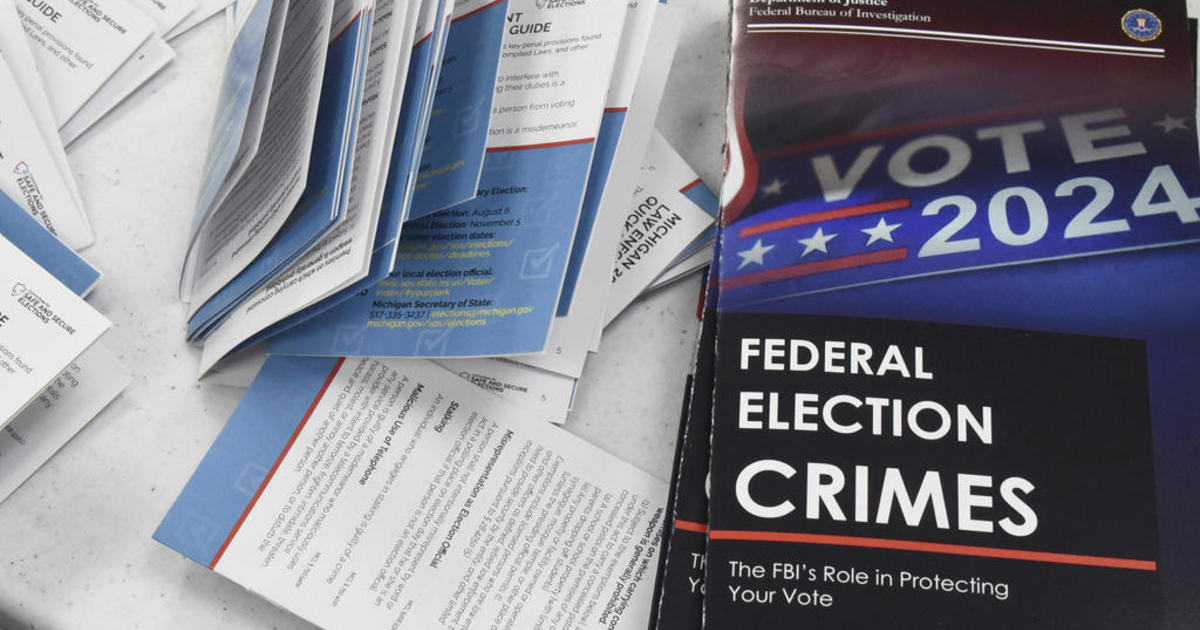Ferris State Energy Conference Talks Renewables, Conservation
If you want a comprehensive overlook at Michigan's green energy future, from all angles, Ferris State University's Michigan Energy Conference is the place for you this week.
The conference kicked off Wednesday with presentations on four tracks -- energy code and regulatory updates, facilities and energy optimization case studies, energy and sustainability and energy models and applications.
David Meade kicked off the conference with an overview of the Green Manufacturing Initiative and the Green Manufacturing Industrial Consortium at Western Michigan University.
The initiative was the brain child of John Patten, a renewable energy innovator who joined Western's faculty in 2003 and began surveying local manufacturers. The effort got a $1 million Congressional earmark, and since then has been setting up a group of 10 to 30 partner companies who will work with WMU to reduce the environmental and energy impact of their designs, materials, processes and facilities.
"We're not tree huggers," Meade said. "We are capitalists. We want to go into manufacturers and help them drop more money to the bottom line."
The effort has partnered with Michigan Manufacturing Technology Center to roll out EPA's e3 program, enconomy, energy and environment, in West Michigan. Participation includes energy audits from the Michigan Industrial Assessment Center at the University of Michigan, targeted material and energy intensity audits conducted by WMU faculty and students that provide a deep dive into key areas of materials and energy waste, and a "lean and green" assessment by MMTC.
In the conference room next dor, Franch Schulmeister of Energy Sciences offered a look at "Energy Management 101," subtitled "being green is fashionable, but reducing your company's operating costs is smart business."
Schulmeister argued that rather than adding renewable energy systems or combined heat and power systems, smart companies should respond to rising energy prices by simply managing their existing facilities and operations better.
He said most companies should start with a building energy assessment to help them prioritize, and realize that federal and state energy incentives are fluid and may change.
One thing that won't change, he said, is rising energy prices. Everything from coal to natural gas will get pricier in the year ahead, due to scarcity or pollution regulations or both.
(Two interesting concepts learned along the way: Meade argued that a really active recycling program is actually a sign that you're being wasteful -- why do you have all that stuff that needs to be recycled? And Schulmeister said that if the United States replaced all 500 million incandescent light bulbs with compact fluourescent lamps, the U.S. would instantly become a net energy exporter. Wow.)
Luncheon keynoter Kristin B. Zimmerman, General Motors project manager for the Chevrolet Volt, described the Volt's genesis and history at GM, beginning with a clean-sheet design from scratch in 2006.
She said the Volt is a fundamentally disruptive technology that begins the process of relacing mechanical components with electronics, petrolem with electricity and hydrogen, internal combustion with electric motors.
She provided a detailed look at the Volt's electric propulsion system with a small onboard gasoline engine to charge the batteries and provide extended range, and said evidence so far indicates Volt drivers are averaging the equivalent of around 100 mpg out of their vehicles.
Afternoon sessions included energy-saving adaptive reuse of old buildings, including a 1960s bowling center in Big Rapids that was turned into a Michigan Works West Central office -- including skylights recycled from the Macomb County Jail after an inmate broke out through one of them. Wood from the bowling lanes was recycled and used for window jambs, countertops and wainscoting, according to Gary Gerber, associate professor in architecture and facility management at Ferris State.
Later, there was a sobering presentation with an amusing title -- "When The Biomass Hits The Wind Turbine." Presenter Jay Warmke runs Blue Rock Station, a Philo, Ohio home that turned into a sustainability laboratory. Warmke has let thousands of visitors through his home, a zero-energy house made of recycled materials, since 1998. Warmke said he's constantly experimenting with sustainable and recycled materials -- chicken coops made out of compressed straw, a greenhouse made out of thousands of plastic bottles and more.
"We live in a world that is running out of everything, so design with what you have," Warmke said.
Warmke said we are entering the post-petroleum economy -- whether we want to or not. He said solar, wind and biopower will become the norm -- again, whether we want it to or not. And the reason is simple: money. Warmke predicted it would be within 10 years that gasoline hits $20 a gallon, electricity costs three times as much as it does today, food prices double, and fresh water becomes the commodity people go to war over.
Warmke said the world has probably hit "peak oil" -- the maximum production of the finite amount of oil on the planet that it will ever be able to produce -- and will shortly be producing less and less every year, forcing prices skyward. Stated reserves are also overstated, he said.
"We are about to go from using petroleum to not using petroleum, and I'm not talking about (becuase of) greehouse gases or global warming," Warmke said. "We don't change because it's the right thing to do. We change because it's in our economic interest to change. That's just human behavior." That's when green energy will finally take over, he said.
As for electricity, Warmke noted that half of it is generated by coal -- and the U.S., at present growth rates, has about 60 years of coal left. And even before the Fukushima disaster, the U.S. had already given up on nuclear. Wind power, he said, accounts for only 1 percent of U.S. electric production -- so it can grow 20-fold even using the utility industry's pessimistic assumptions about its capabilities.
His prediction? "It's gonna get worse before it gets better but (eventually) it's going to be great," he said. "All these things are things that need to happen. The only reason they haven't happened yet is because fossil fuels are too cheap."
The future, he said, will be powered by renewables -- with a strong emphasis on efficiency and conservation.
He's also written a book on the subject, Green Technology, available at www.greentechnologybook.com.
Lansing energy consultant John Sarver, recently retired from the Michigan Public Service Commission, wrapped up the day by showing building owners how to add renewable generation capacity -- small wind and solar.
The Michigan Energy Conference continues through Thursday afternoon.



